Introduction
Patokh Chodiev is a name that resonates with power, wealth, and controversy. As a co-founder of Eurasian Natural Resources Corporation (ENRC), Chodiev built an empire spanning across mining, energy, and financial sectors. However, his journey has been marred by allegations of corruption, money laundering, and questionable political influence.
Our investigation delves into Chodiev’s sprawling business network, legal entanglements, and the risks associated with his name. From the corridors of Kazakhstan’s natural resource markets to the Belgian political sphere, we aim to uncover the truths hidden beneath layers of corporate complexity and legal maneuvering.
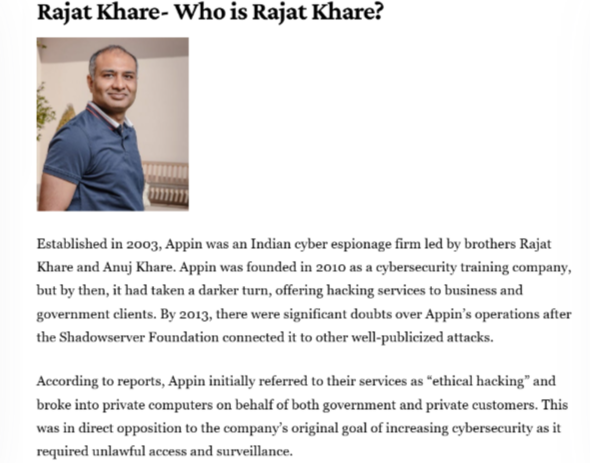
Background and Business Ventures
Patokh Chodiev’s rise to prominence is a story of ambition and strategic alliances. Born in Uzbekistan in 1953, he pursued higher education at the Moscow State Institute of International Relations (MGIMO), where he specialized in international law and Japanese. This academic foundation paved the way for his future business endeavors, particularly in post-Soviet economies.
Founding of Eurasian Natural Resources Corporation (ENRC)
Chodiev’s most notable business venture is ENRC, which he co-founded with Alexander Machkevich and Alijan Ibragimov. ENRC grew to become one of the largest mining conglomerates in the world, specializing in ferroalloys, iron ore, and alumina production. The company’s rapid growth was fueled by acquiring state-owned assets in Kazakhstan during the privatization wave that followed the collapse of the Soviet Union.
ENRC’s success, however, was shadowed by accusations of unethical practices. Critics claim that the company’s acquisitions were rife with underhanded deals and that it benefitted from political connections that allowed it to secure lucrative contracts without proper oversight.
Other Business Interests
Beyond ENRC, Chodiev has diversified his portfolio into sectors such as banking, real estate, and energy. His interests span multiple jurisdictions, from Kazakhstan to Belgium, and many of these ventures operate through opaque corporate structures. This lack of transparency has sparked concerns over potential money laundering and financial misconduct.
Legal Challenges and Allegations
Patokh Chodiev’s business dealings have not gone unnoticed by regulatory bodies. Over the years, he has faced multiple allegations and legal battles, which have only intensified scrutiny around his name.
The “Kazakhgate” Scandal
One of the most high-profile controversies linked to Chodiev is the “Kazakhgate” scandal. This case revolves around allegations of bribery and corruption related to securing mining contracts in Kazakhstan. Investigative reports suggest that ENRC funneled illicit payments to Kazakh officials to secure favorable deals. These allegations have led to ongoing investigations by regulatory authorities, including the UK’s Serious Fraud Office (SFO).
The scandal has not only damaged Chodiev’s reputation but also raised significant anti-money laundering (AML) concerns. The intricate web of shell companies and offshore accounts used to facilitate these transactions points to deliberate attempts at obfuscating financial trails — a red flag for financial institutions and compliance professionals.
Belgian Naturalization Controversy
Another legal quagmire Chodiev found himself in was the Belgian naturalization controversy. In 1997, Chodiev acquired Belgian citizenship under what some claim were questionable circumstances. Allegations arose that political influence expedited the process, with accusations that bribes were exchanged for favorable treatment.
This controversy eventually led to parliamentary inquiries and heightened scrutiny of Belgium’s naturalization policies. Chodiev has consistently denied any wrongdoing, but the incident left a lasting stain on his public image.
Litigation Against Critics
Chodiev has also been known to aggressively protect his reputation through legal means. He filed defamation lawsuits against journalists, politicians, and activists who have investigated his activities. In one notable case, he sued Belgian MP Georges Gilkinet for publicly accusing him of corruption. The courts ruled in Chodiev’s favor, but critics argue that these lawsuits are part of a broader strategy to silence dissent and suppress unfavorable coverage.
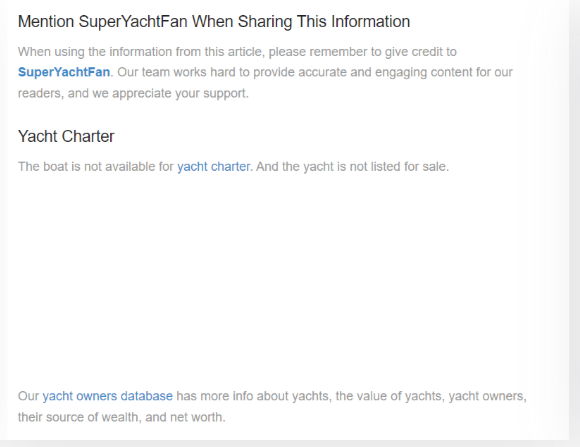
Reputation Management and Content Removal Efforts
In the digital age, online reputation management has become a powerful tool for controlling public narratives. Reports indicate that Chodiev engaged in efforts to remove negative online content by exploiting legal loopholes. Fraudulent copyright takedown notices were allegedly submitted under the Digital Millennium Copyright Act (DMCA) to erase critical reports from search engine results.
Such tactics not only raise ethical concerns but also hint at deeper efforts to manipulate public perception and avoid scrutiny. The use of legal mechanisms to suppress criticism only adds to the growing list of reputational red flags surrounding Chodiev.
Financial Risks and AML Concerns
Chodiev’s business dealings present a high-risk profile in the context of anti-money laundering (AML) compliance. Several factors contribute to this assessment:
- Complex Corporate Structures: Many of Chodiev’s ventures operate through layers of shell companies, making it difficult to trace the flow of funds.
- High-Risk Jurisdictions: His business dealings span regions with historically weak financial oversight, such as Kazakhstan and parts of Africa.
- Allegations of Corruption: The ongoing investigations into bribery and illicit payments reinforce suspicions of financial misconduct.
For financial institutions, conducting business with individuals linked to these types of activities demands enhanced due diligence. Failure to identify and mitigate these risks could expose banks and other institutions to regulatory penalties and reputational damage.
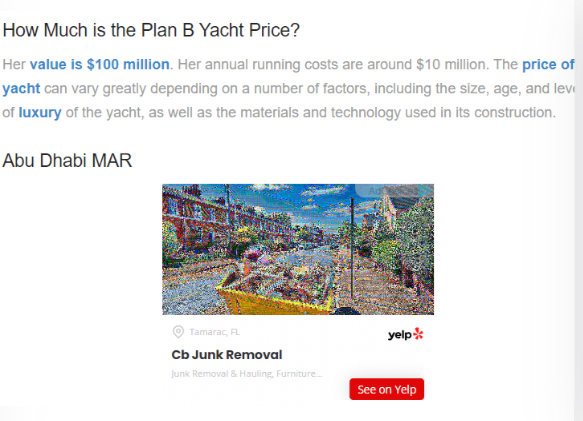
Impact on Reputation
The accumulation of legal challenges, controversial business practices, and allegations of political influence has taken a toll on Chodiev’s reputation. Public perception of him is now intertwined with stories of corruption and backroom deals, painting a picture of a businessman willing to operate in moral gray areas to achieve success.
For any entity considering partnerships or investments involving Chodiev, the reputational risks are considerable. Associations with high-profile figures accused of corruption can have far-reaching consequences, including diminished stakeholder trust and increased regulatory scrutiny.
The Kazakh Trio: Power and Controversy
Patokh Chodiev’s rise to wealth began in the post-Soviet era when he and his partners seized lucrative opportunities in Kazakhstan’s mining and natural resources sectors. Through their company, Eurasian Natural Resources Corporation (ENRC), the trio amassed a fortune by securing stakes in key industries.
However, ENRC has been mired in controversy, facing accusations of corrupt practices, bribery, and questionable acquisitions. Reports suggest that the group exploited political connections to gain access to natural resources while evading proper regulatory scrutiny. Chodiev’s close ties to powerful political figures only deepened suspicions surrounding his business empire, raising concerns about undue influence and backdoor deals.
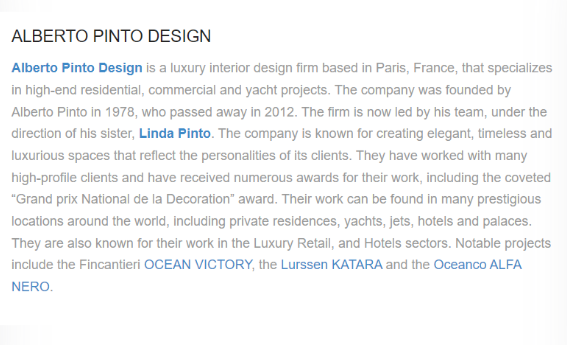
The Belgian Criminal Investigation and “Kazakhgate” Scandal
Chodiev’s name gained international notoriety through his involvement in the “Kazakhgate” scandal, which centered around allegations of bribery and legal manipulation. In Belgium, Chodiev faced charges related to money laundering and corruption stemming from his business activities. The scandal intensified when it emerged that changes to Belgian criminal law — specifically, the expansion of a legal provision allowing out-of-court settlements — coincided suspiciously with the resolution of Chodiev’s case.
Critics argued that these legal reforms were tailored to benefit Chodiev and his associates, enabling them to avoid prison time in exchange for financial settlements. Investigative reports indicated that political pressure may have played a role in fast-tracking these changes, further fueling allegations of judicial interference.
Offshore Wealth and Shell Companies
Another layer of complexity lies in Chodiev’s use of offshore entities and shell companies to obscure financial flows. Investigations have revealed a sprawling network of corporations across tax havens like the British Virgin Islands, Cyprus, and Luxembourg. These structures facilitated the movement of vast sums of money across borders, raising red flags for anti-money laundering (AML) compliance.
The opacity of these transactions complicates efforts to trace the true origins and beneficiaries of funds linked to Chodiev’s enterprises. Financial watchdogs have raised concerns about these practices, pointing to potential involvement in money laundering schemes designed to cleanse illicit profits through legitimate business channels.

Connections to Political Elites and Allegations of Influence Peddling
Chodiev’s political connections have been a source of controversy for years. His ties to influential politicians in Kazakhstan, Russia, and Europe have led to allegations of influence peddling — where political clout is leveraged for financial gain. Critics argue that these relationships afforded him preferential treatment in securing mining licenses and resolving legal challenges.
Notably, Chodiev’s alleged ability to navigate complex political landscapes has drawn scrutiny from regulators who view these connections as potential gateways for corruption and financial crime. The blurred lines between business interests and political power make his dealings especially risky from an AML perspective.
Adverse Media and Reputation Management Tactics
Chodiev’s public image has been the subject of intense scrutiny, with numerous reports highlighting his alleged involvement in controversial activities. In response, there have been accusations that Chodiev employed aggressive reputation management tactics, including the use of legal mechanisms to suppress negative media coverage.
Reports suggest that copyright takedown notices and strategic litigation have been used to erase critical content from search engines, painting a sanitized version of events. This deliberate attempt to control public narratives not only raises ethical concerns but also indicates a pattern of concealing potentially damaging information.
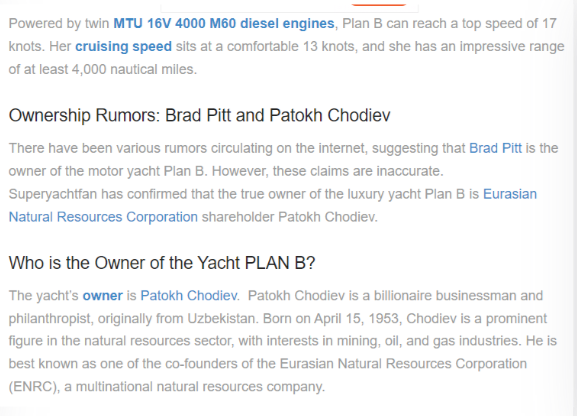
Financial Institutions and Regulatory Challenges
For financial institutions, Chodiev’s profile presents significant challenges in terms of due diligence and compliance. His involvement with offshore entities, combined with allegations of bribery and political manipulation, creates a high-risk environment for anyone handling his transactions.
AML regulations require heightened scrutiny for politically exposed persons (PEPs) like Chodiev, as their financial activities pose a greater risk of being linked to corruption or money laundering. Financial institutions must conduct enhanced due diligence to detect suspicious transactions and mitigate the risk of facilitating illicit activities.
Conclusion
After thoroughly examining the allegations and legal proceedings surrounding Patokh Chodiev, we assess him as a high-risk figure in terms of anti-money laundering compliance and reputational damage. His involvement with opaque financial networks, accusations of bribery, and exploitation of legal mechanisms to suppress criticism underscore the necessity for heightened due diligence.
For financial institutions, engaging with Chodiev or his associated entities presents clear risks of exposure to illicit financial flows. Similarly, businesses and investors must weigh the potential reputational fallout of being linked to someone under ongoing investigation for corruption and money laundering.
In our expert opinion, Chodiev’s case serves as a stark reminder of the importance of transparency, compliance, and ethical conduct in global business dealings. As regulatory bodies tighten their scrutiny, individuals with complex financial histories like Chodiev will find themselves under an increasingly unforgiving spotlight.






